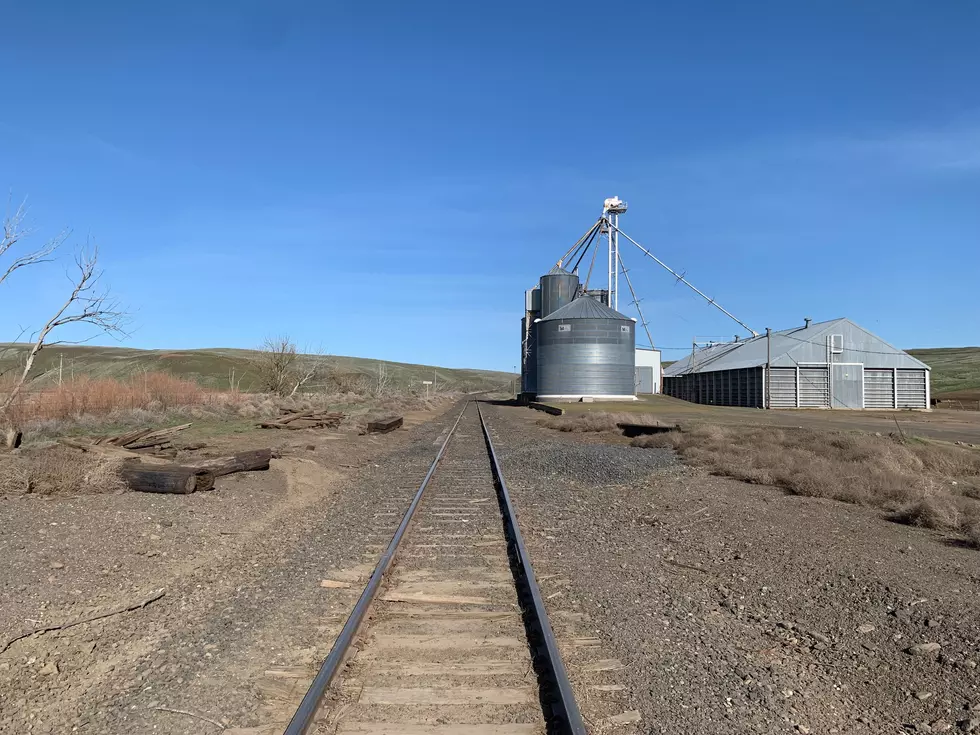
Winter Weather Has Led To Wheat Disease Across Eastern Oregon
Like many other crops, Oregon wheat is feeling the effects of the recent winter weather. Thanks to a snowier that normal winter, followed by a record-setting wet spring, disease has become a widespread problem in wheat fields across the state. Christina Hagerty with the OSU Columbia Basin Agricultural Research Center near Pendleton told the Washington Ag Network while rain and snow are both beneficial for crops, this year, has turned out to be a double edged sword for wheat growers.
“These organisms they thrive on absorptive nutrition that rely on water to increase their population and numbers in general, and those conditions are also very favorable for the wheat.”
Hagerty said many of the more experienced growers are comparing this year to 2011, which was an active year for strip rust. She added some of considering extra fungicide applications this spring. And while the extra expense can be a tough pill to swallow, she says its important growers never chase rust.
“If you see it in your fields and you know that you have a susceptible variety don’t wait to get that spray on. If you can see those rust pustules starting, there’s more to come.”
OSU works with wheat growers to control plant disease in three basic ways: cultural control, hos resistance and pesticides.
If you have a story idea for the Washington Ag Network, call (509) 547-1618, or e-mail gvaagen@cherrycreekradio.coml8
More From PNW Ag Network









